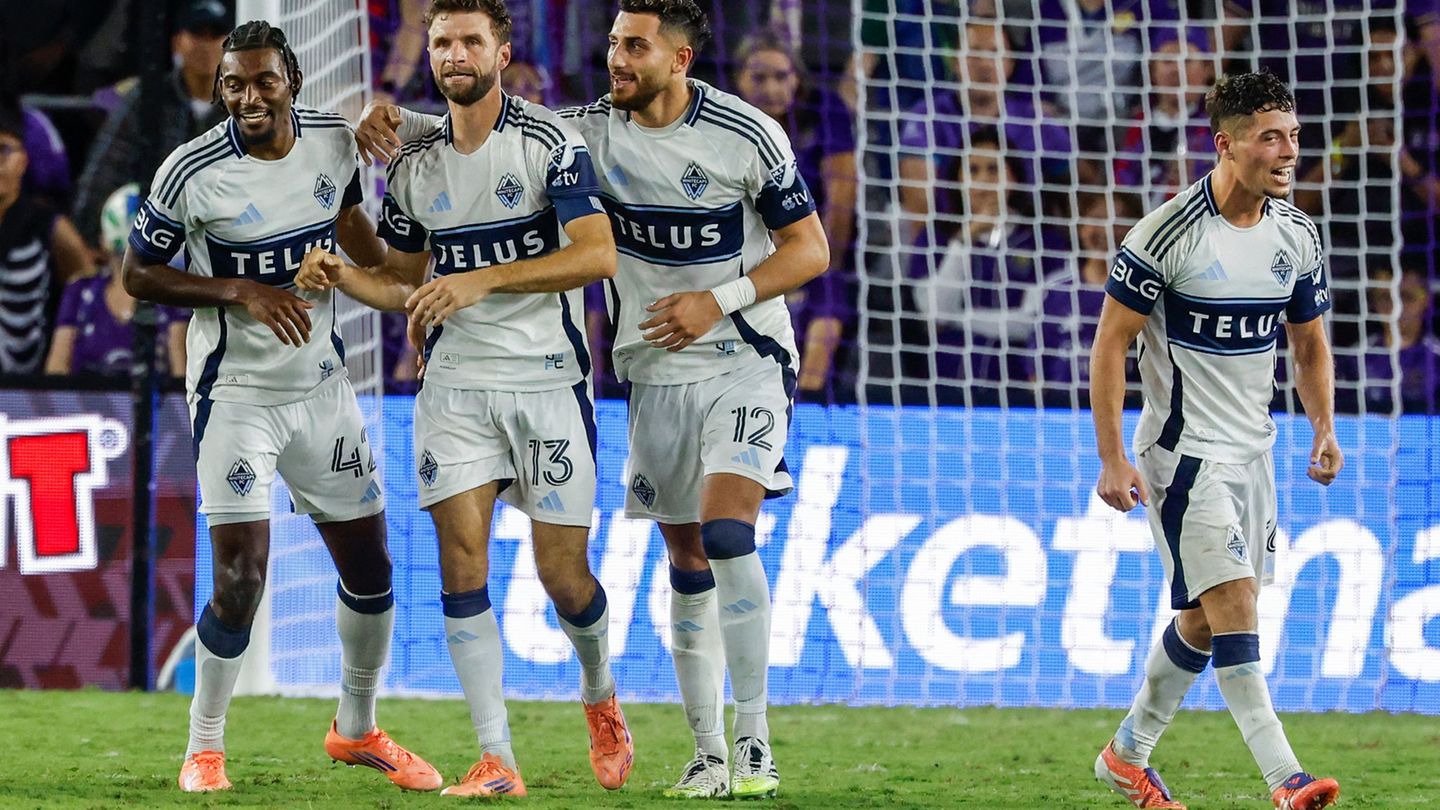It’s the typical dynamic at WTO conferences: countries hold on to a no to agreement on one issue in order to get something out of it on another. Then it goes into the night session.
What German industry wants most probably has no chance at the ministerial meeting of the World Trade Organization (WTO) in Abu Dhabi: the system for resolving trade disputes, which has been partially blocked for four years, is not fully operational.
“We are not there yet,” admitted WTO chief Ngozi Okonjo-Iweala during the negotiations and made it clear that an agreement would not be reached during the meeting. There was also initially no breakthrough on other controversial points such as tariffs on electronic transmissions and fishing subsidies.
166 member states have to decide by consensus
The WTO Secretariat decided in the evening to extend the conference until tomorrow. The final meeting is scheduled to take place at 2 p.m. (11 a.m. CET). Agreements are difficult, among other things, because the now 166 WTO member countries always have to make decisions by consensus.
The USA is sticking to the blockade of the appeals institution of dispute settlement because it wants extensive reforms. German industrial associations had previously called for clear progress from the WTO member states. “Everyone should be aware of the value of the WTO system for global development and the lives of people worldwide,” said Dirk Jandura, President of the Federal Association of Wholesale, Foreign Trade and Services (BGA), before the conference. “For export-oriented companies in Germany, fair competitive conditions, market access and legal certainty in foreign business are of outstanding importance,” said the German Chamber of Commerce and Industry. She called for measures to combat the fragmentation of the world trading system.
The sticking points
WTO reform: 31 countries have appealed against rulings of the first instance in trade disputes, although there is no longer an appeal body. This includes Indonesia, which lost to the EU in a dispute over restrictions on exports of nickel and other raw materials. The cases are then on hold. Because the USA and others are insisting on comprehensive reforms, an agreement is still a long way off.
Electronic commerce: Since 1998, there has been an agreement not to impose tariffs on electronic transmissions such as streaming services. Without an extension, this moratorium would expire this year. India and South Africa in particular stood in the way of agreeing on an extension. They miss out on important revenue if, for example, books on which customs duties are due are replaced by e-books that can be downloaded.
Fisheries subsidies: After around 20 years of negotiations, WTO members agreed on a first agreement in 2022 that is intended to curb the most harmful subsidies. Around 70 countries have joined, including the EU, but it will only come into force after 110 ratifications. The new agreement is intended to regulate all subsidies that contribute to overfishing and overcapacity. Negotiations took place on exceptions and transition periods for developing countries.
Source: Stern




